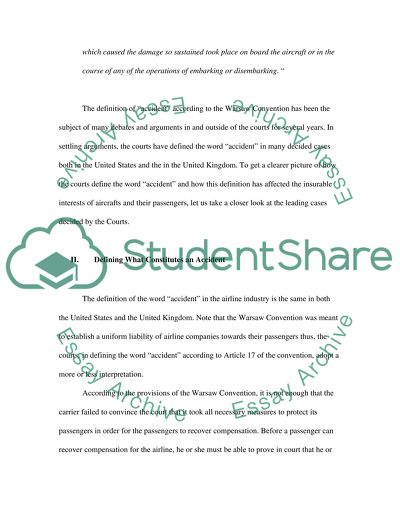Cite this document
(“Law Of International Insurance contracts Essay Example | Topics and Well Written Essays - 2500 words - 1”, n.d.)
Retrieved from https://studentshare.org/miscellaneous/1565548-law-of-international-insurance-contracts
Retrieved from https://studentshare.org/miscellaneous/1565548-law-of-international-insurance-contracts
(Law Of International Insurance Contracts Essay Example | Topics and Well Written Essays - 2500 Words - 1)
https://studentshare.org/miscellaneous/1565548-law-of-international-insurance-contracts.
https://studentshare.org/miscellaneous/1565548-law-of-international-insurance-contracts.
“Law Of International Insurance Contracts Essay Example | Topics and Well Written Essays - 2500 Words - 1”, n.d. https://studentshare.org/miscellaneous/1565548-law-of-international-insurance-contracts.


